
4 minutes read
Unlock the power of Laravel's query builder where clauses
Table of contents
Introduction
One of the most basic yet powerful features of Laravel’s query builder, that I and other developers use all the time, is the ability to utilize “where” clauses.
If you’re eager to optimize your Laravel apps, understanding their nuances is essential. So, let’s dive deep into the realm of the “where” and unlock its full potential!
The essentials of where clauses
Basic where clauses
The foundation of any query is its conditions. In Laravel Laravel’s query builder, the basic structure of where clauses is intuitive and expressive. Simply put, you mention the column, the operator, and the value you want to compare.
For instance, imagine fetching comments with 100 votes:
$comments = Comment::where('votes', '=', 100)->get();
I think it’s nice. What about you? But that’s not it. Laravel lets you simplify where equals clauses:
$comments = Comment::where('votes', 100)->get();
If you’re just checking for equality, Laravel assumes you mean the ‘=’ operator.
And what if you want to combine where clauses?
Foo::query() ->where('foo', 'bar') ->where('bar', 'baz') ->get();
There is the beauty of Laravel’s query builder!
Learn more about basic where clauses.
Or where clauses
Life isn’t always about “and”. Sometimes, it’s about “or” (pardon my philosophical side). And Laravel’s query builder gracefully understands that. While chaining multiple where methods will join them using “and”, there’s an elegant way to use the “or” condition: the orWhere method.
Here’s a quick example:
$users = User::query() ->where('votes', '>', 100) ->orWhere('name', 'John') ->get();
This fetches users who either have votes more than 100 or are named John. Handy, right?
Learn more about orWhere clauses.
Where not clauses
Sometimes, it’s not about what something is, but what it’s not (I did it again…). That’s where the whereNot clauses come into play. They negate a set of conditions, making exclusions a breeze.
For instance, if you wish to exclude products on clearance or priced below ten, it’s as straightforward as:
$products = Product::query() ->whereNot(function (Builder $query) { $query->where('clearance', true) ->orWhere('price', '<', 10); }) ->get();
Learn more about whereNot clauses.
JSON where clauses
With the digital age’s demands, databases have evolved, and so has Laravel. Modern databases often use JSON column types, and Laravel’s query builder supports querying these like a champ! Be it MySQL, PostgreSQL, or even SQLite, you can fetch data with ease.
Looking for users who prefer a salad meal? There you go:
$users = User::query() ->where('preferences->dining->meal', 'salad') ->get();
Learn more about JSON where clauses.
Additional where clauses
Laravel’s query builder’s where capabilities don’t just stop at the basics. It offers a plethora of options to cater to different scenarios:
- Between values: The
whereBetweenmethod checks if a column’s value lies between two given values. Similarly,whereNotBetweenensures the column’s value is outside those two values. - In or not in: The
whereInmethod is perfect when you want to check if a column’s value exists in a given array. Its counterpart,whereNotIn, does the exact opposite. - Date & time specific: Methods like
whereDate,whereMonth, andwhereTimemake it easy to fetch records based on specific dates, months, or times. - Comparing columns: With the
whereColumnmethod, you can effortlessly compare two columns in the same table. Be it checking for equality or any other relation.
Learn more about additional where clauses.
Did you like this article? Then, keep learning:
- Fix a common Laravel database error you might encounter
- Learn how to fix the "419 Page Expired" error in Laravel apps
- Learn to clear Laravel cache effectively to solve common issues
- How Laravel handles database transactions for all-or-nothing operations
- Learn efficient error handling using Laravel's HTTP client
- Improve your Laravel database queries by learning to sort results
- Discover Laravel's helpful fake() helper to generate fake data easily
- Master Laravel's maintenance mode to handle site downtime gracefully
- Master Laravel's Artisan CLI to streamline your development workflow
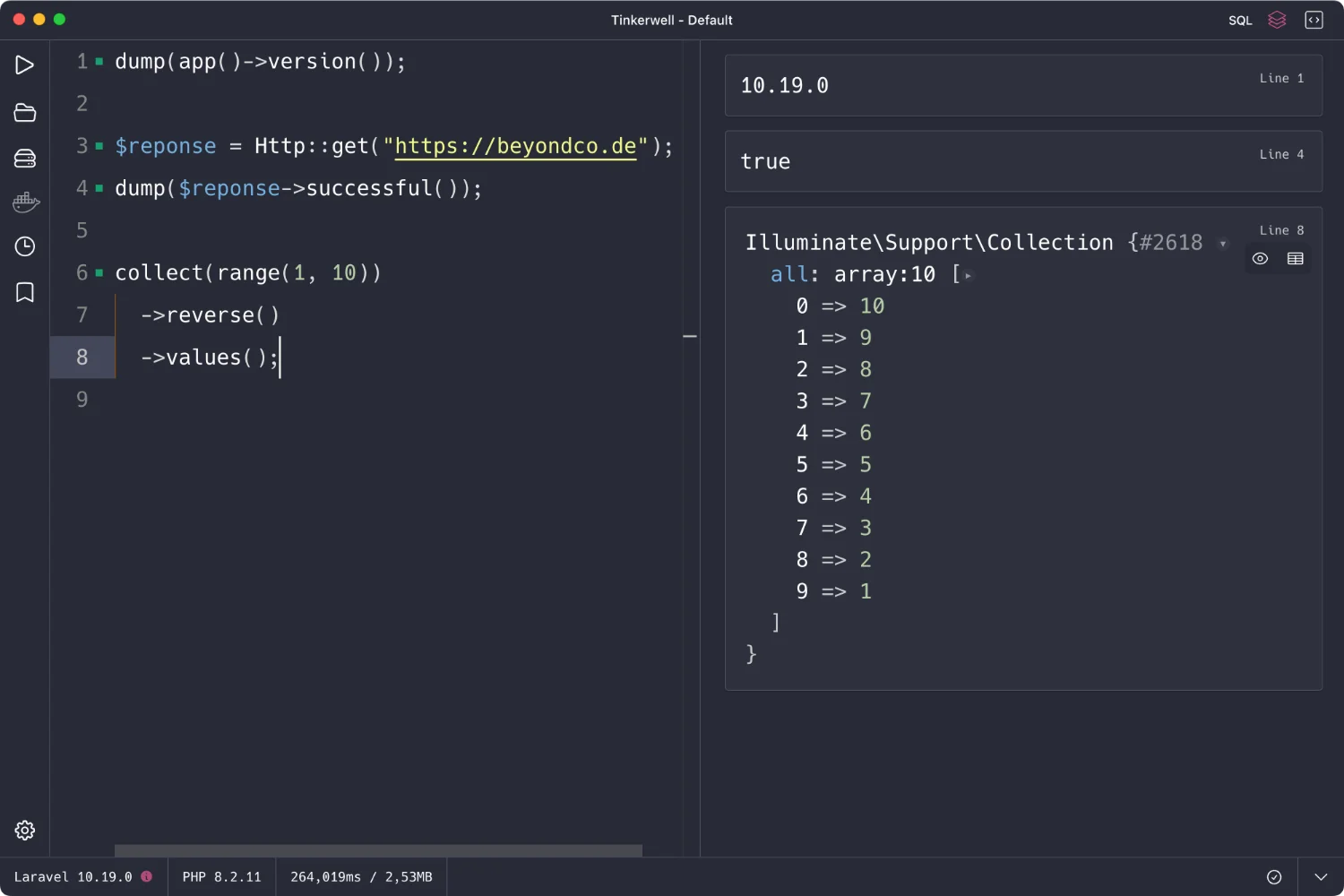
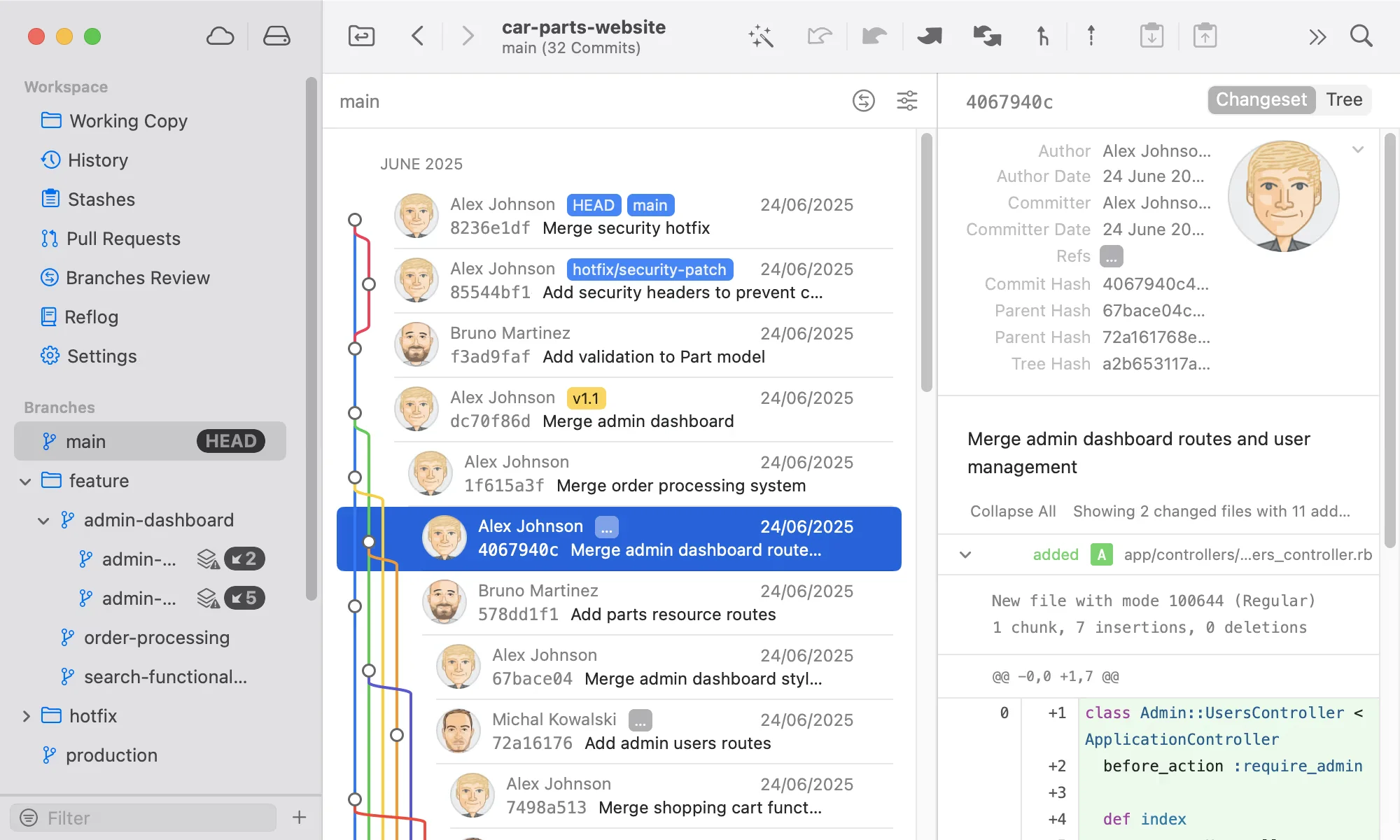
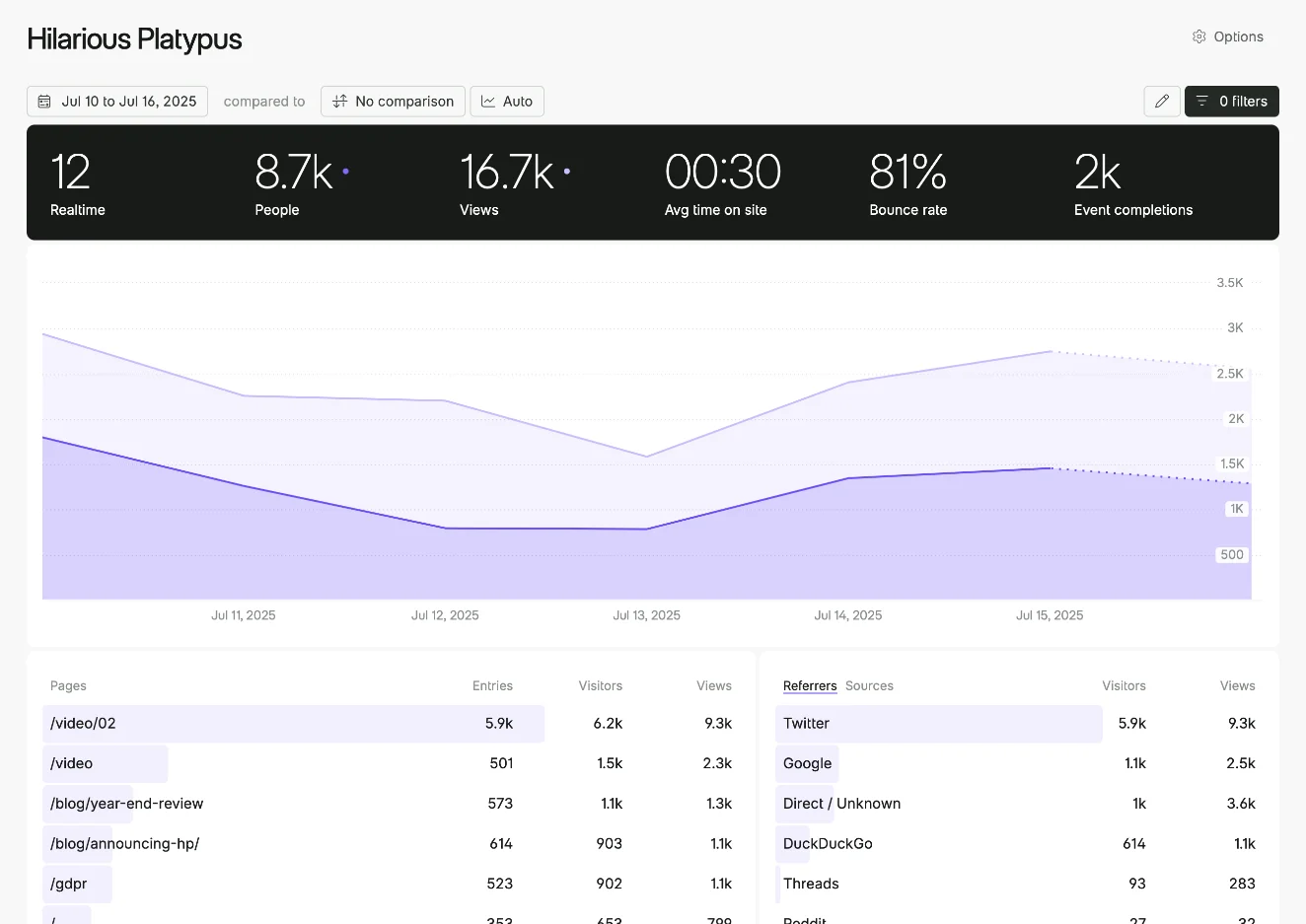
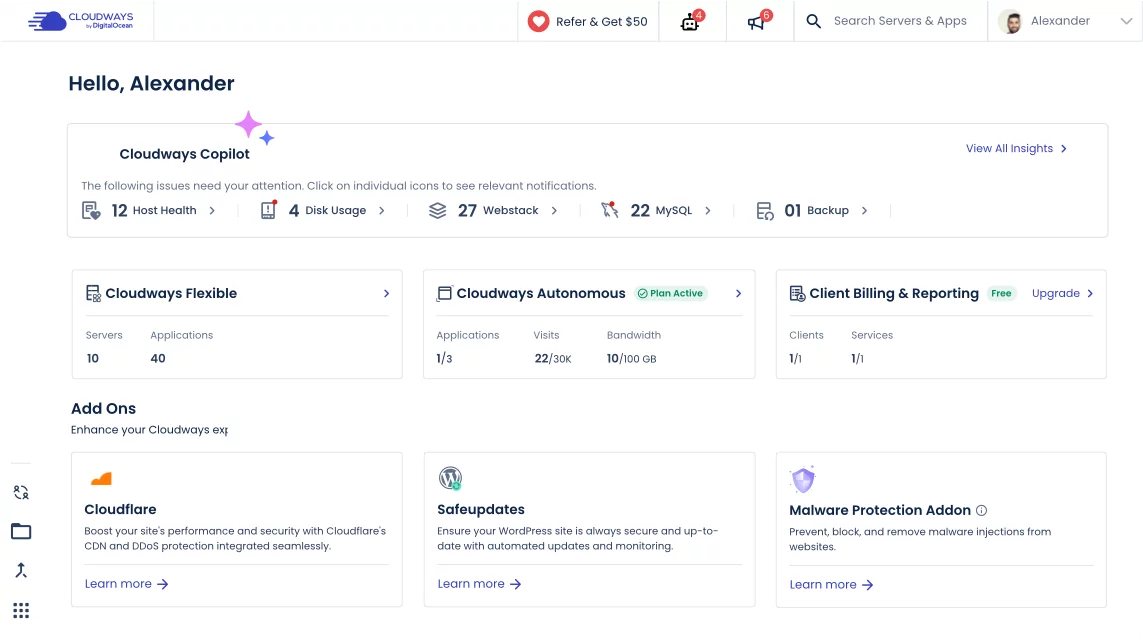

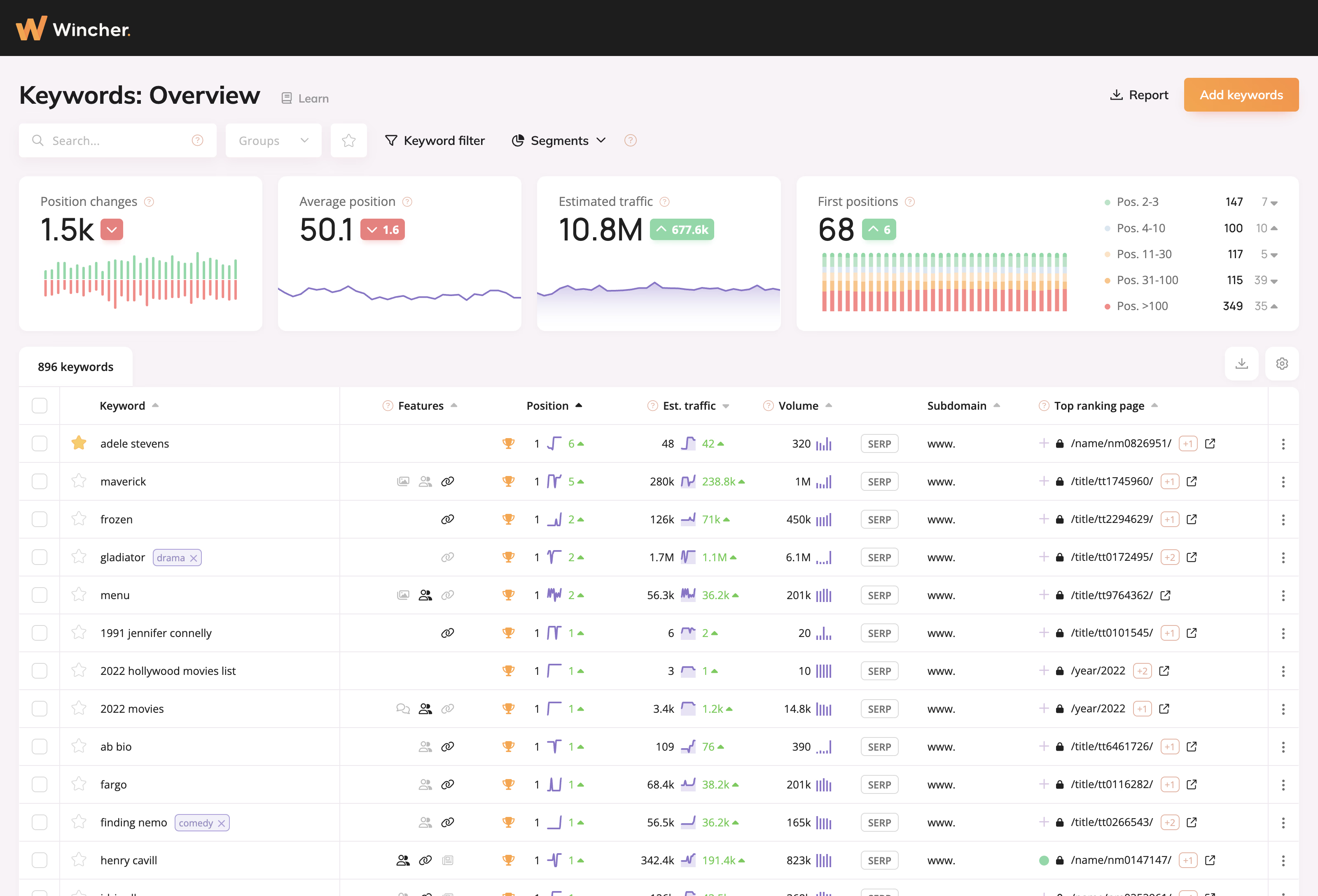
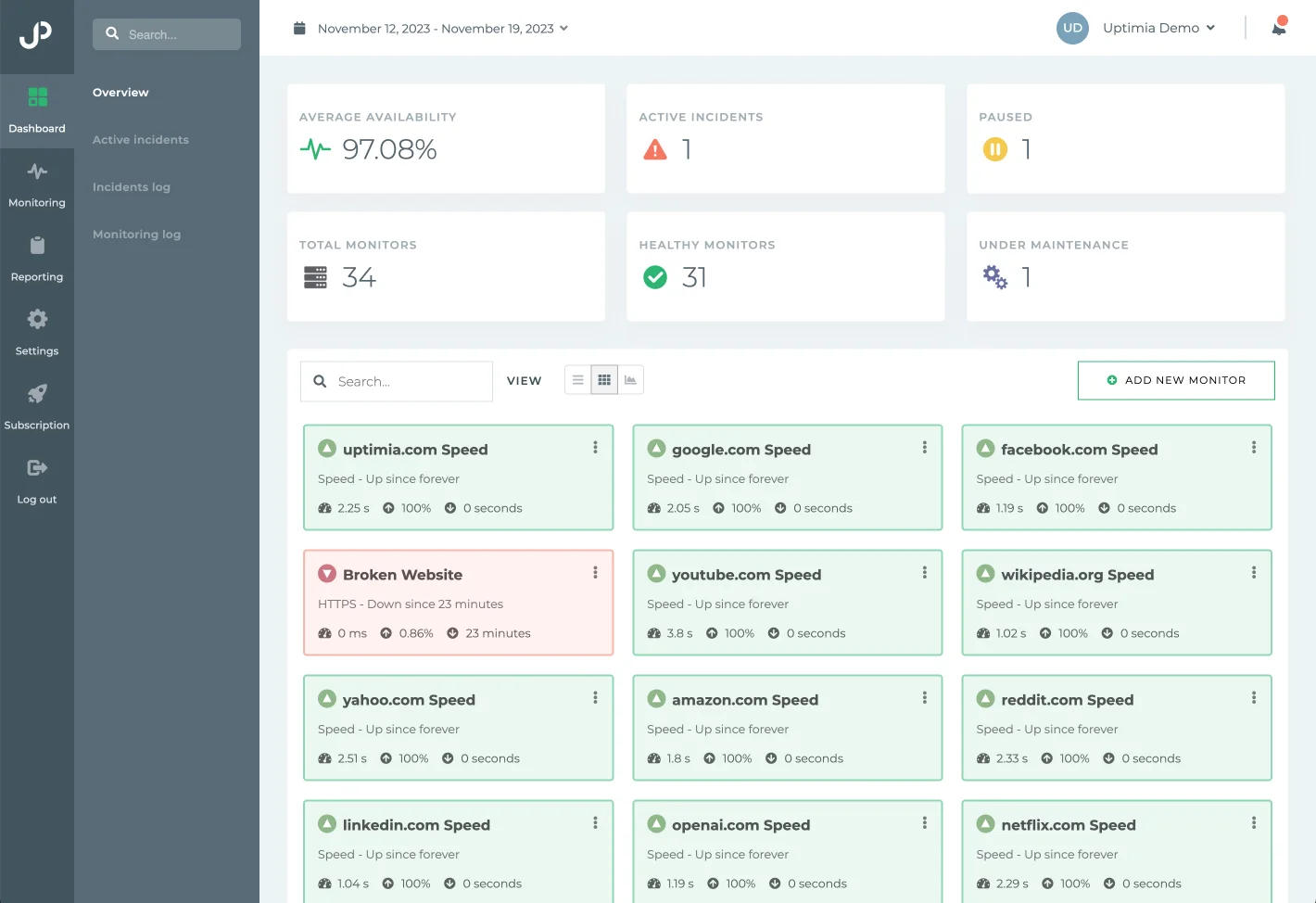
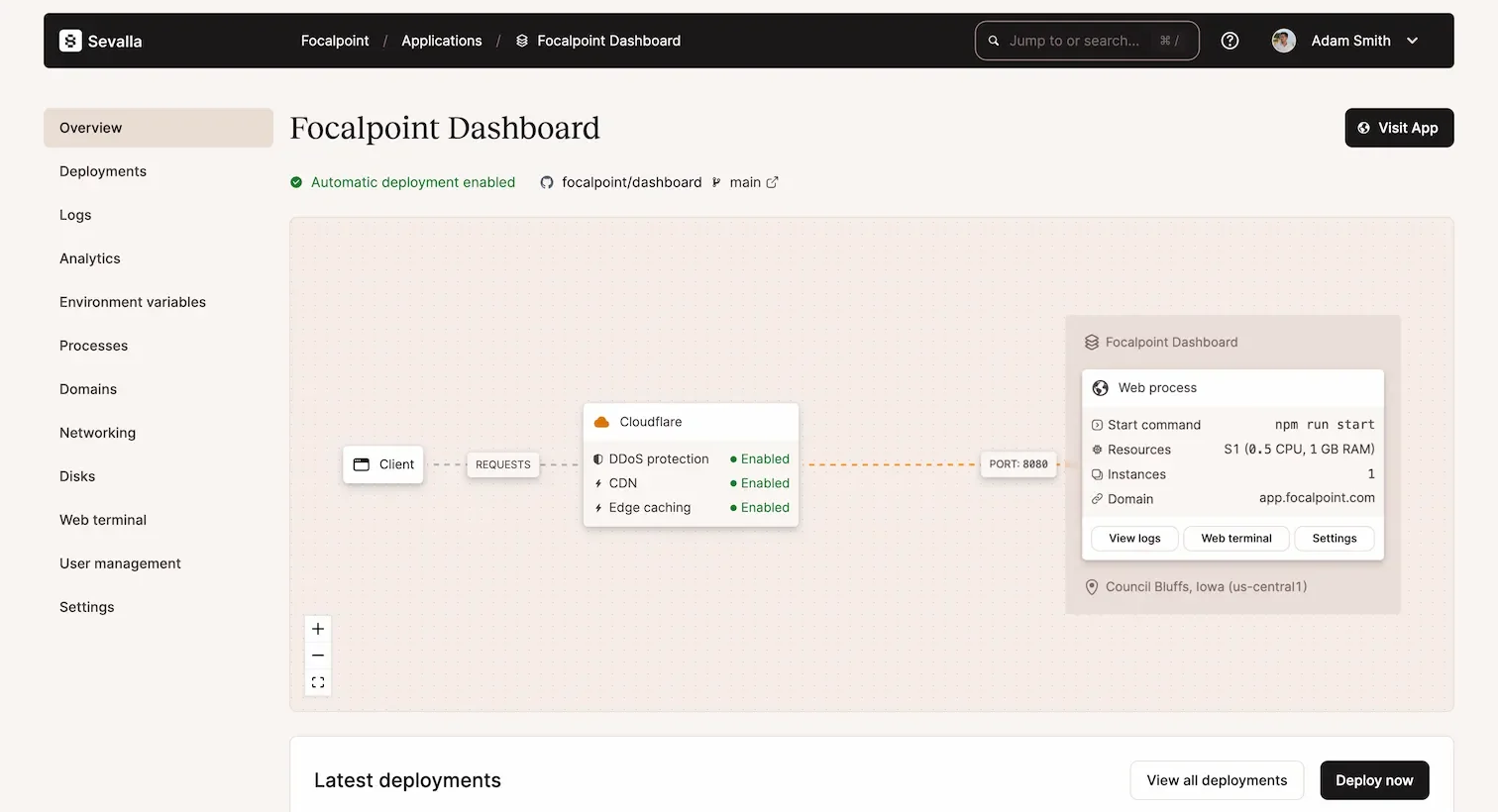
0 comments